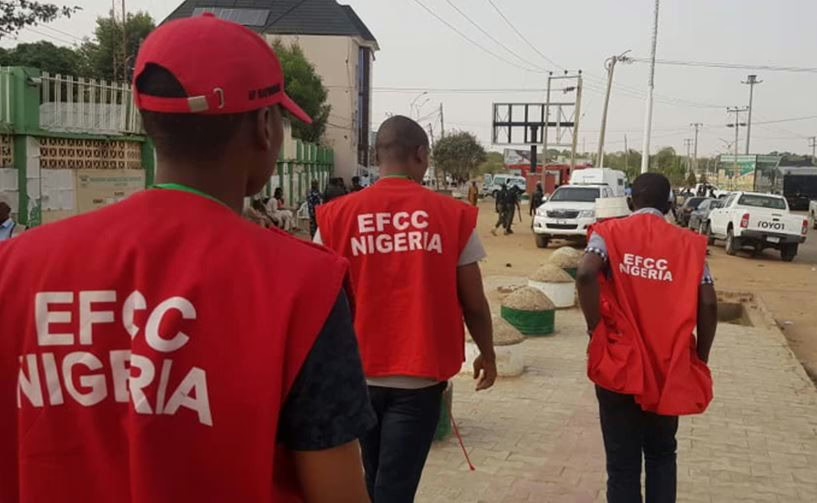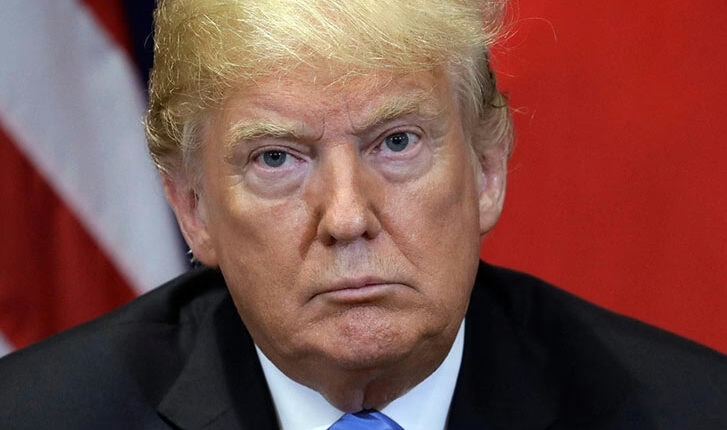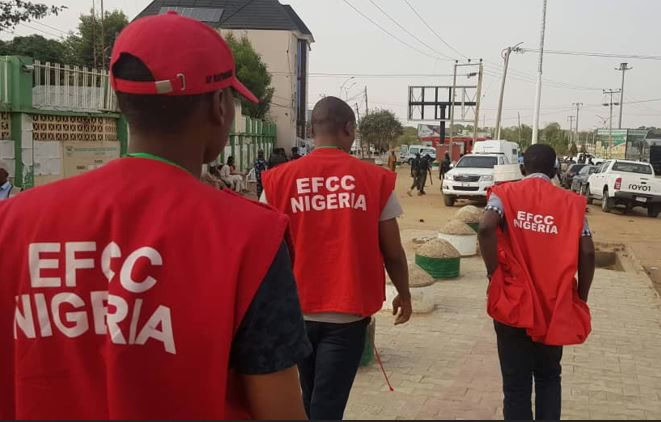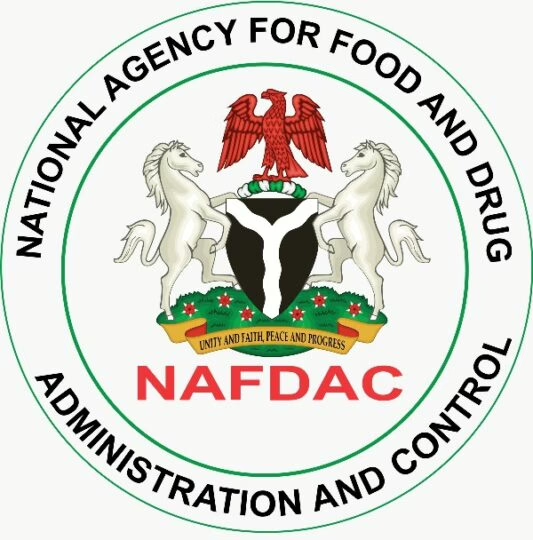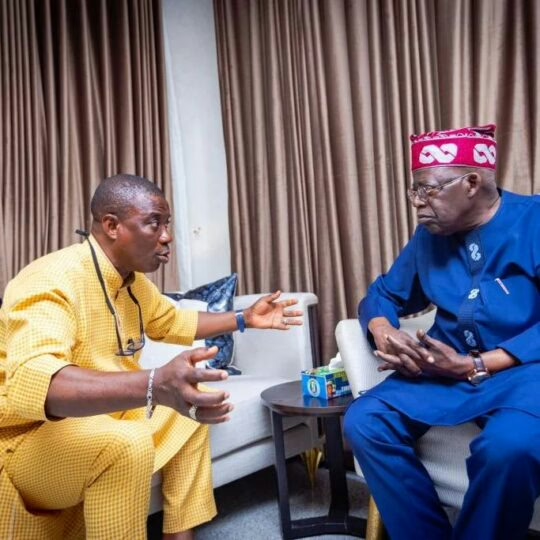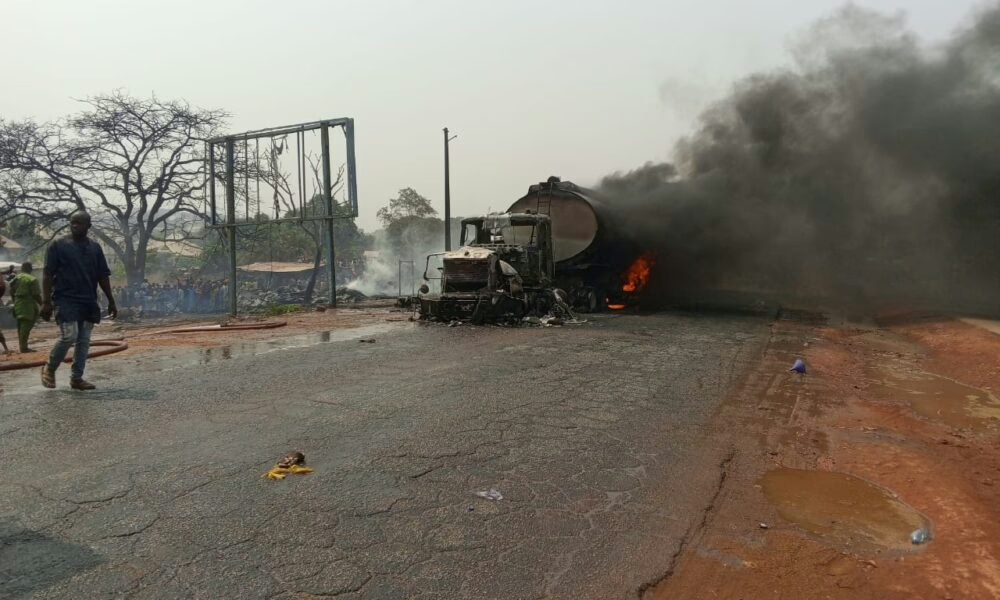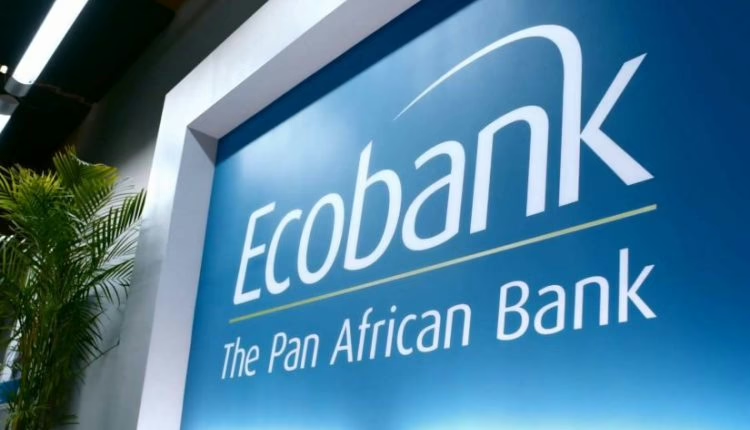The House of Representatives has summoned 83 ministries, departments, and agencies of the Federal Government as it begins an investigation into the alleged mismanagement of over N447.6bn COVID-19 intervention fund from 2020 to 2022.
Checks by The PUNCH in the budgets of the MDAs showed that at least 22 of them got not less than N447.6bn as COVID-19 funds in 2020 alone.
This implies that the COVID-19 intervention fund from 2020 to 2022 was way higher than the N447.6bn received by less than half the number of MDAs invited by the House of Representatives for the probe slated to begin from November 27, 2023, and end on December 4.
The House invited the Ministries of Agriculture and Food Security, Communications and Digital Economy, Federal Road Maintenance Agency, and scores of other Ministries, Department and Agencies.
The MDAs are to appear before the lawmakers to answer questions on alleged mismanagement of COVID-19 intervention funds distributed among them to fight the global health pandemic.
In an invitation issued by the Chairman of the Committee and a member representing Ede North/Ede South Federal Constituency, Osun State, Bamidele Salam, dated November 20, 2023, the lawmakers asked each of the MDAs to be represented by their “Chief Accounting Officers, Head of Finance, Head of Procurement and any other relevant officer to defend the expenditure contained in their various submissions.”
FERMA, others
To appear before the Committee on Monday, November 27, are the Federal Ministry of Agriculture and Food Security, FERMA, Federal Ministries of Communications, Innovation and Digital Economy, Federal Ministry of Youth and Sports Development, Federal Ministry of Women Affairs and Social Development, and Federal Ministry of Humanitarian Affairs and Poverty Alleviation.
Others include the Federal Ministries of Finance, Budget and National Planning, Mines and Steel Development, Water Resources, Health, National Hospital, Abuja, and National Directorate of Employment.
On Tuesday, November 28, the National Agency for Food and Drugs Administration and Control, National Institute for Pharmaceutical Research and Development, Office of the Secretary to the Government of the Federation, Nigeria Centre for Disease Control, and the Nigeria Security and Civil Defence Corps are expected to appear before the committee for the exercise.
Also billed to appear on Tuesday are the Nigerian Correctional Service, Nigerian Airforce, Nigeria Police Force, Nigerian Army, Federal Fire Service, Rural Electrification Agency, University of Abuja Teaching Hospital, Federal Medical Centre, Jabi, Abuja, National Commission on for Refugees Migrants and Internally Displaced Persons Offices, Abuja, and the Federal Medical Centre, Keffi, Nasarawa State.
On Wednesday, November 29, it will be the turn of the Nigerian Institute for Medical Research, Lagos State; National Eye Centre, Kaduna State; National Ear Centre, Kaduna State; Ministries of Aviation, Industry, Trade and Investment; Federal Medical Centre, Bida, Niger State; Federal Medical Centre, Lokoja; Federal Medical Centre, Makurdi; Federal Medical Centre, Umuahia, Abia State; Federal Medical Centre, Owo, Ondo State; as well as those in Katsina, Nguru, Yobe State, Asaba, Delta State and Gusau, Zamfara State.
FMC Taraba
The Salam-led committee will also play host to the Federal Medical Centre, Jaligo, Taraba State; Brini Kudu, Jigawa State; Yenagoa, Bayelsa State, Azare, Bauchi State, Ebute-Metta, Lagos State, Federal Neuro-psychiatric Hospital Enugu among, others on November 30, 2023.
On December 1, the Federal Neuro-psychiatric Hospital Kware, Sokoto State; Federal Neuro-psychiatric Hospital, Yaba Lagos State; and the Federal Neuro-Psychiatric Hospital Abeokuta, Ogun State; will take their turns before the committee.
In a telephone conversation with our correspondent, Salam declined to make further clarifications, saying, “I cannot give you additional information now. Call me tomorrow (Tuesday) and I will tell you more. This is all I can say for now.”
The COVID-19 Intervention Programmes 2020 Appropriation Act (Amendment) captured only 22 MDAs out of the 83 that were invited for the probe. Findings showed that among the 22 MDAs captured in the document, all teaching hospitals got N86bn as an intervention in 2020, making it the highest appropriation.
It was followed by the Ministry of Trade and Investment with N75bn, while the Federal Roads Maintenance Agency came next with N60bn.
The Ministry of Agriculture got N56.46bn, National Directorate of Employment, N52bn; Ministry of Aviation, N5bn; Ministry Of Health, N23.64bn; NAFDAC, N2bn; NCDC, N2bn; NIPRD, N2bn; and NIMR, N1bn.
The NSCDC received N539,67m; Mines and Steel, N6bn; Ministry of Water Resources, N9.89bn; Rural Electrification Agency, N12.4bn; Ministry of Finance, N36bn; and Correctional Services, N951.14m.
The Federal Fire Service got N1.48bn; Refugees Commission, N2.5bn; Air Force, N2.7bn; Nigeria Police, N10bn and Humanitarian ministry, N32,46bn.
Humanitarian, women ministries
It was observed that the COVID-19 intervention funds were given to the ministries despite the huge budgetary allocations that some of them received over time.
For instance, the ministries of humanitarian affairs and women’s affairs got a budget of about N386.5bn between 2019 and 2023, based on findings by one of our correspondents.
The appropriations for the Federal Ministry of Women Affairs in 2019, 2020, 2021, 2022 and 2023 were N5.56bn, N8,19bn, N7.29bn, N33.58bn and N17.18bn respectively.
For the humanitarian ministry, its appropriations in 2020, 2021, 2022, and 2023 were N62.8bn, N7.29bn, N35.6bn, and 208.94bn respectively.
Reacting to the planned probe by the House of Representatives, the Chairman of the Centre for Anti-Corruption and Open Leadership, Debo Adeniran, said it was a merely reactive exercise.
He said the National Assembly should rather allow the Independent Corrupt Practices and Other Related Offences Commission to lead a committee of persons with integrity to spearhead the endeavour.
“First and foremost, the House of Representatives is just being reactive. They ought to have been proactive by doing their oversight functions on the MDAs during the time that the COVID-19 palliatives were supposed to be released to the people who were affected by the lockdown, and other inconveniences during the pandemic.
“I believe that they are looking for a way to warm themselves back into the hearts of the people because they have been so negligent. It is the job of the ICPC to do the probing.
“The National Assembly, if they want to convince us that they mean business, should turn to the ICPC to undertake this probe, find people with integrity, and constitute a committee to do that,” Adeniran stated.
On his part, the Executive Director of the Civil Society Legislative and Advocacy Centre, Auwal Rafsanjani, faulted the planned probe by the House of Representatives.
He said the sitting Senate President had also been invited to testify on the management of funds.
“So now the Senate President is also to testify on his role in the COVID money, how will the House of Representatives investigate that? I think for me, it is time we establish the fact that the COVID-19 funds have been misappropriated.”
Efforts to get comments from the Economic and Financial Crimes Commission, as well as the ICPC were not successful. The EFCC, however, promised to provide updates by Tuesday.
Just at the Federal Government doled out funds for COVID-19 intervention, private sector operators also joined in releasing money for the course.
In April 2020, the Central Bank of Nigeria revealed that the Nigeria Private Sector Coalition Against COVID-19, known as CACOVID had so far realised about N27.16bn to help fight the coronavirus pandemic.
The update of the contribution as of April 23, 2020, was made known in a document released by the CBN on behalf of the coalition in Abuja.
The document containing the list of contributors showed that the donations were made by institutions and individuals across the country.
The document showed that the CBN and Aliko Dangote were so far the highest contributors of N2bn each at the time.
Abdul Samad Rabiu (BUA Sugar Refinery), Segun Agbaje (GTB), Tony Elumelu (UBA), Oba Otudeko (First Bank), Jim Ovia (Zenith Bank), Herbert Wigwe (Access Bank), and Femi Otedola of Amperion Power Distribution donated N1bn each to the fund.
Also, Deji Adeleke of Pacific Holding Ltd made a N500m donation, while Union Bank Plc, Sterling Bank Plc, Standard Chartered Bank, Stanbic IBTC, Citi Bank Nigeria Ltd, FCMB, Fidelity and ECO Banks, African Steel Mills donated N250m each.
Multichoice Nigeria Limited contributed N200m at the time as well, as the list also indicated that some Nigerians made donations of N1,000, N500, N200, N100, N50, and as little as N1.0 to the contribution.
Data obtained on Monday, November 20, 2020, from the website of the Nigeria Centre for Disease Control and Prevention, stated that “to date, 266,675 cases (of COVID-19) have been confirmed, 259,953 cases have been discharged and 3,155 deaths have been recorded in 36 states and the Federal Capital Territory.
“Two states with zero cases reported – Kaduna and Rivers. A multi-sectoral national Emergency Operations Centre activated at Level 2, continues to coordinate the national response activities.”
The index case of the virus was confirmed on February 28, 2020, in Nigeria, and 24 days after that day, the country recorded its first fatality from the coronavirus that day.
The victim was a former Managing Director of the Pipelines and Products Marketing Company, Suleiman Achimugu, who died on March 23, after showing symptoms of the virus following his return to the country from the United Kingdom, according to his family.
The death was reported widely and it sparked fears resulting in panic buying of cleaning products and eventually the lockdown of Abuja and Lagos a week later on March 30 for 14 days initially.
On April 17, the powerful Chief of Staff of former President Muhammadu Buhari, Abba Kyari, succumbed to coronavirus at 69, becoming the most popular COVID-19 fatality in West Africa as of then.
A two-term governor of Oyo State, Abiola Ajimobi, also died from underlying health conditions after contracting coronavirus.
The Ondo State Commissioner of Health, Wahab Adegbenro, died from COVID-19 complications on July 2, 2020, at the state’s infectious disease hospital.
Bayo Osinowo also died of coronavirus disease. Before his death, Osinowo was a senator representing Lagos East Senatorial District. He passed away on June 15 at the age of 64.
Many more persons lost their lives as a result of the virus, as the NCDC put the total deaths as of Monday at 3,155.


